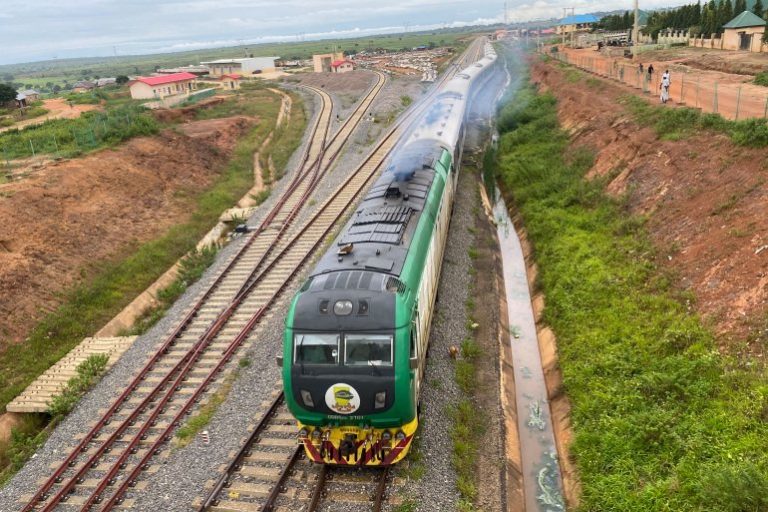Suspected Boko Haram insurgents have kidnapped 10 members of a geological research team from the University of Maiduguri in northeast Nigeria, the Nigerian National Petroleum Corporation (NNPC) said on Wednesday.
The kidnapped members were among groups contracted by the NNPC in the search for oil in the troubled region.
NNPC spokesman Ndu Ughamadu said the contractors were kidnapped near Jibi village in Borno state on Tuesday afternoon.
“About 10 members of the University of Maiduguri geology and surveying department were abducted by suspected Boko Haram members,” Ughamadu said, noting that the group included academic staff, drivers and other workers.
The University of Maiduguri said some of its lecturers, who were accompanied by security staff, had not returned on Tuesday from an oil prospecting trip. Its spokesman said the university was waiting for a report from security agencies.
ALSO SEE: 6,199 soldiers fighting Boko Haram terrorists promoted by COAS
The Nigerian National Petroleum Company (NNPC) has been surveying for more than a year for what it says could be vast oil reserves in the Lake Chad Basin, a region wracked by Boko Haram’s eight-year insurgency, which has killed at least 20,000 people and forced millions to flee their homes.
Nigeria, aided by China is aggressively pursuing oil exploration activities in the Northeastern region with the optimism that oil discovery in the region could provide a buffer against unrest in the Niger Delta region.
NNPC is working with the Bureau for Geophysical Corporation, a subsidiary of the China National Petroleum Corporation (CNPC) that specialises in seismic data exploration.
National Daily gathered that work is centred on a triangle of hotly contested land stretching from Gubio in the west to Marte in the east and Kukawa, in the far northeast corner near Lake Chad.
Nigeria relies on crude oil for two-thirds of government revenue. Attacks on energy facilities in its southern Niger Delta oil heartland last year cut production by more than a third, deepening the recession in Africa’s biggest economy.
Last year, the country’s economy shrank 1.5 percent — its first full-year contraction in 25 years — while inflation soared and the naira currency weakened.

 Football1 week ago
Football1 week ago
 Health & Fitness1 day ago
Health & Fitness1 day ago
 Featured5 days ago
Featured5 days ago
 Comments and Issues7 days ago
Comments and Issues7 days ago
 Education6 days ago
Education6 days ago
 Business6 days ago
Business6 days ago
 Crime6 days ago
Crime6 days ago
 Business5 days ago
Business5 days ago











